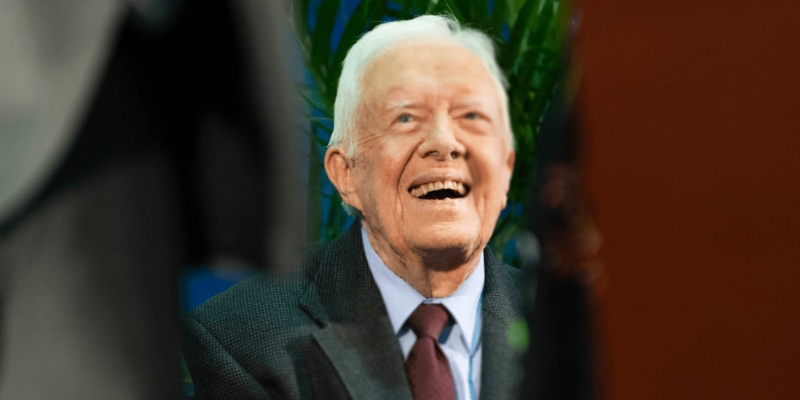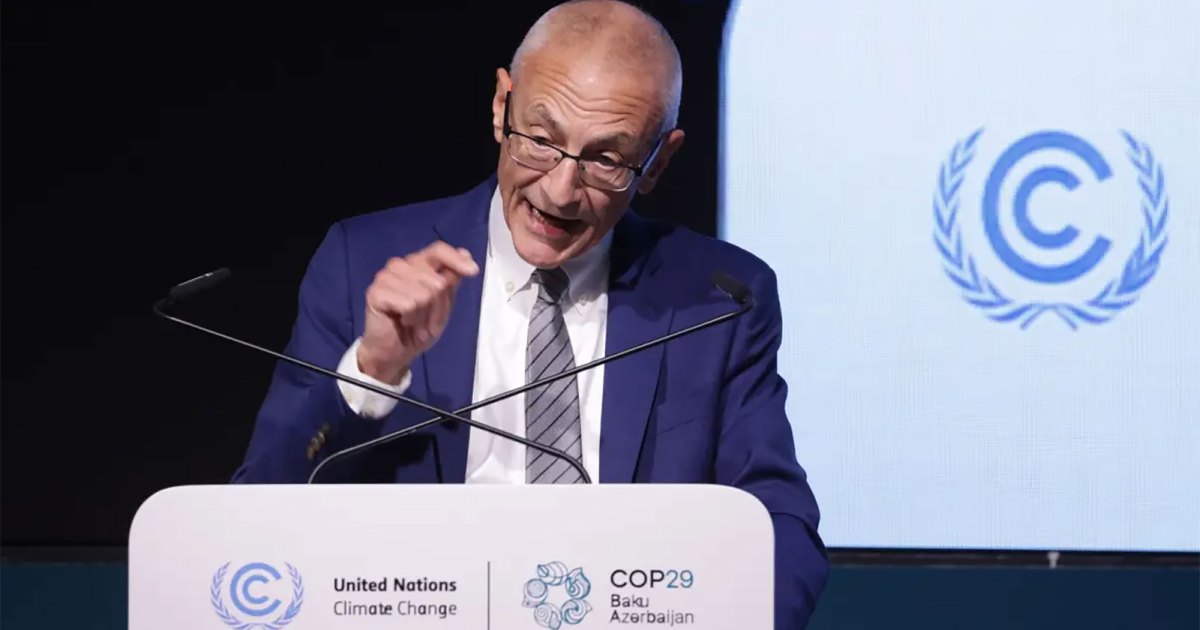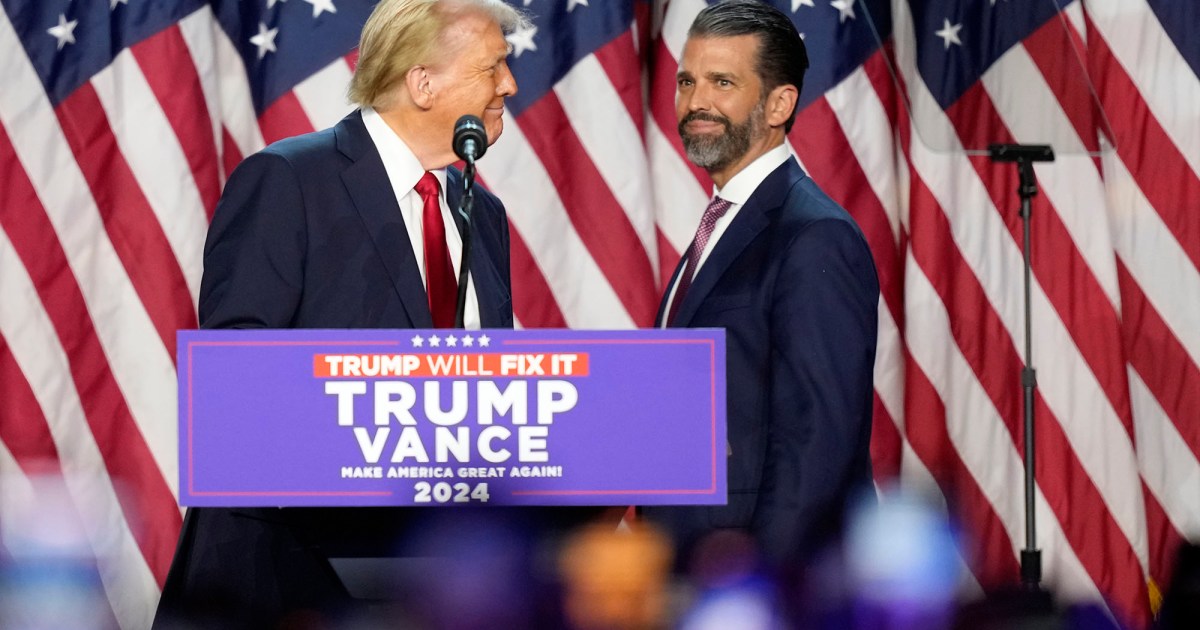
This week, soon after his 100th birthday, former President Jimmy Carter was able to vote in his home state of Georgia—in part thanks to protections under the Voting Rights Act. As his grandson Jason Carter explained in a CNN interview with Jake Tapper, voting assistance protections in Georgia allow family members to help cast absentee ballots (the vote can still be discarded if a signature or mark on the ballot does not match what is on file, per Georgia law).
“He sat down and told everybody what he wanted to do, and was excited about it,” Jason Carter told Tapper. “My aunt dropped his ballot [at] an absentee drop box, just like thousands and thousands of other Georgians.”
Jimmy Carter just voted. His grandson explains how. pic.twitter.com/Ax1Ulvt9RR
— The Lead CNN (@TheLeadCNN) October 17, 2024
Even if Carter doesn’t consider himself disabled, many aging people benefit from disability rights laws and protections. Section 208 of the Voting Rights Act guarantees that “any voter who requires assistance to vote by reason of blindness, disability, or inability to read or write may be given assistance by a person of the voter’s choice.”
In recent years, Republicans have attacked voters’ right to assistance, sometimes with carve-outs for close family members. But courts have repeatedly found such actions unconstitutional. In Texas, in 2022, a federal court ruled that people assisting voters can further explain ballot measures if asked; just last month in Alabama, a federal judge also ruled that the state was obligated to let voters get help from any person of their choice. While some people, like Carter, choose to, it’s not an option—or preference—for everyone.
Some aging people in Georgia still face barriers to voting, even if their right to assistance hasn’t been as harshly attacked. A recent lawsuit argues that a state law enacted this year, under which votes can be challenged if a voter is registered at a nonresidential address, could impact people living in nursing homes, assisted living communities, and similar facilities.
What is unclear, as my colleague Michael Mechanic recently wrote, is whether Georgia will count Carter’s ballot should he pass away before Election Day. What is clear, during the CNN interview, is how crucial Carter finds his right to vote, and the Voting Rights Act disability protections that enable him to do so.
“He has done that forever,” his grandson said, “and is excited to keep doing it.”















